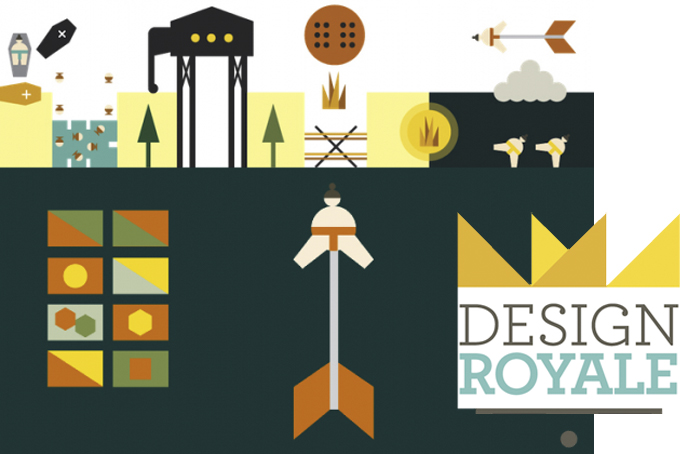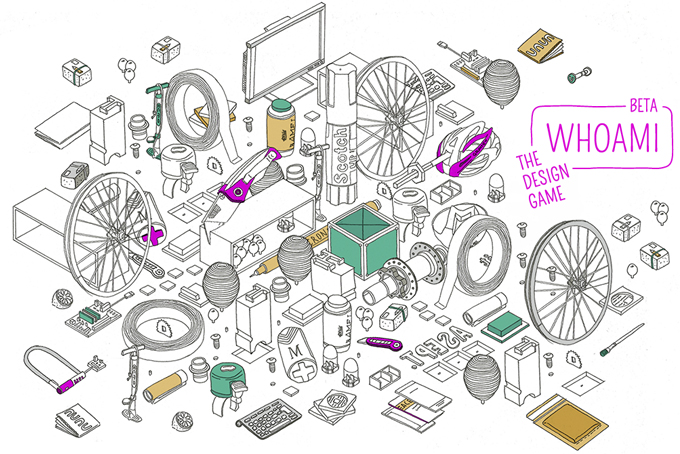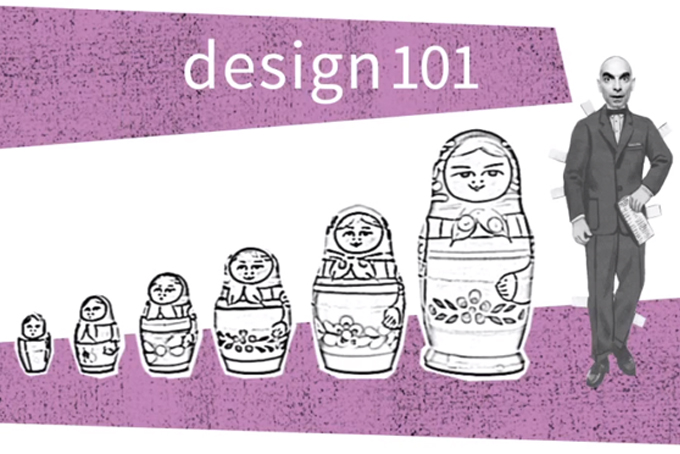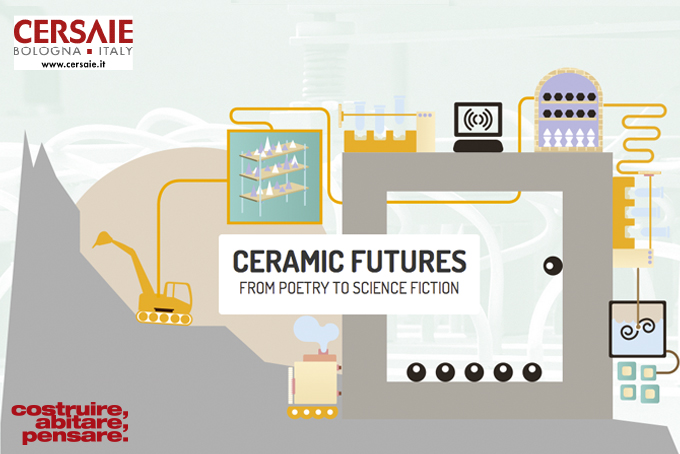Authors:
Carlo Jaeger, Patrik Jansson, Sander van der Leeuw, Michael Resch and J. David Tàbara
Conference Version, prepared for the Second Open Global Systems Science Conference
June 10-12, 2013, Brussels
Download
Written on the basis of:
– the first open global systems science – GSS – conference (Brussels, November 2012)
– seven subsequent workshops on GSS
– insights from the EU – FET consultation process on GSS
– contributions to the GSS blog: www.global-systems-science.org
With thanks for contributions and comments by:
Alex Serret, Amit Kapoor, Andrés Gómez-Lievano, Angela Wilkinson, Anna Mengolini, Anna Mutule, Antoine Mandel, Antonio Fernandez, Antonio Lucio, Armin Haas, Ben Ruddell, Brad Allenby, Brandon Fuller, Carlo C. Jaeger, Catalina Spataru, Catalina Spataru, Cezar Ionescu, Chris B. Davis, Chris Kennedy, Christian Heimgartner, Christian Svansfeldt, Christian Svansfeldt, Christopher L. Barrett, Chuck Redman, Ciro Cattuto, Colin Harrison, David Pearce, David Simmonds, David Tuckett, Deborah Strumsky, Denise Pumain, Devdatt Dubhashi, Diana Mangalagiu, Doyne Farmer, Emile Chappin, Eric Boix, Eric Miller, Ettore Bompard, Filippo Addarii, Folke Snickars, Fonz Dekkers, Franziska Schuetze, Frédéric Sgard, Geoffrey Cape, Geoffrey West, Gerard P.J. Dijkema, Gianluca Fulli, Greg Lindsay, Guido Caldarelli, Henry Wynn, Herman De Meer, Hugh Kelly, Igor Nikolic, Ilan Chabay, Ilona Heldal, J. David Tàbara, Jan Bialek, Jeff Johnson, José Lobo, José Ramasco, José S. Sanchez Torres, Joseph Tainter, Karen Seto, Kevin Stolarick, Leo Camiciotti, Linda Steg, Lisa Amini, Lisa Flatley, Loreto, Luis Bettencourt, Luis Willumsen, Madhav V. Marathe, Manfred Laubichler, Marc Barthélemy, Marcelo Masera, Marco Aiello, Marco Ajmone, Maria Rosa Casals, Mario Rasetti, Martin Elsman, Maxi San Miguel, Melanie Fasche, Merijn Terheggen, Michael Batty, Michael Resch, Michael Smith, Michail Fragkias, Michel Morvan, Mihnea Costantinescu, Mikhail Chester, Nil Gilbert, Oliva García-Cantú, Patricia Reiter, Patrik Jansson, Paul Hearn, Paulien Herder, Pedro Ballesteros, Peter Nijkamp, Ralph Dum, Ricardo Baeza-Yates, Ricardo Herranz, Rudiger Ahrend, Sandeep Goyal, Sander van der Leeuw, Sibylle Schupp, Silvano Cincotti, Stanislav Sobolevsky, Stefano Battiston, Steven Bishop, Sylvain Haon, Temis Taylor, Vittorio Loretto, William J. Nuttall, William Nuttall, Zofia Lukszo





